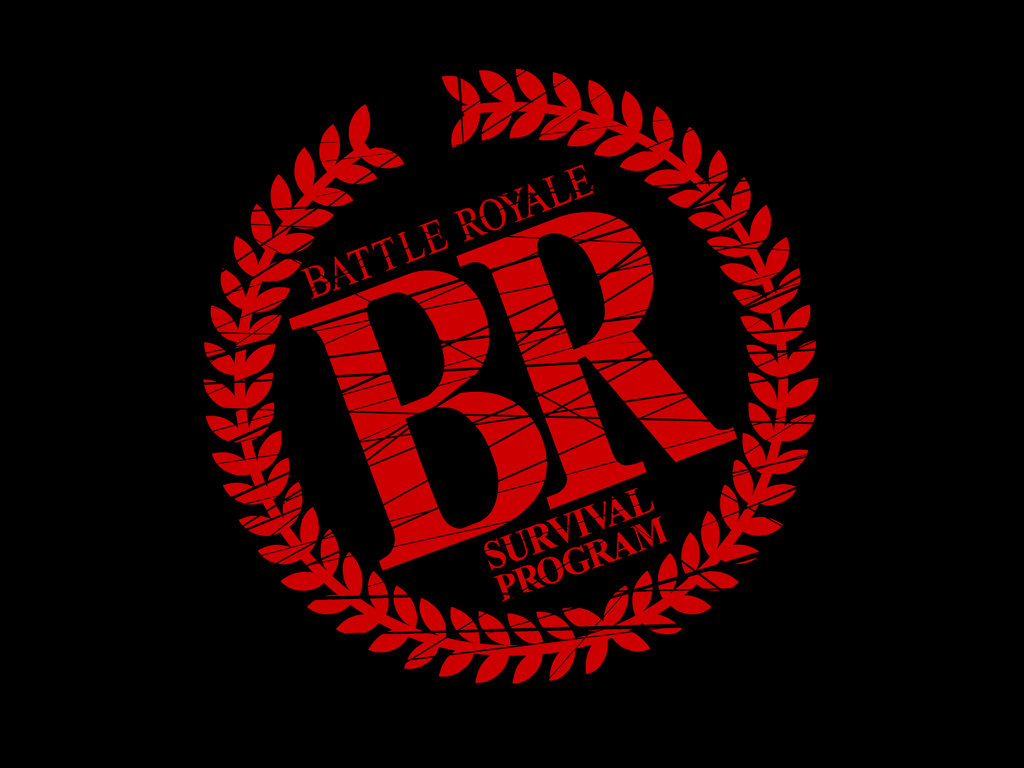Has Collins committed plagiarism?

Americans have been losing their minds over the recent young-adult-novel-turned-motion-picture “The Hunger Games.”
Presenting a dystopian future run by a totalitarian government which forces a handful of children (or tributes) to kill one another until only one emerges as the victor, Suzanne Collins has had people emotionally engaged and almost obsessing over Katniss’ story.
The theatrical adaptation brought in $152.5 million in its opening weekend alone, and anyone who hasn’t been living under a rock can clearly see that Stephanie Meyer and her sparkling vampires have a strong competitor.
But is Collins original in her story about children fighting to the death in the face of economic ruin and government corruption?
Fans of “Battle Royale,” the Japanese novel (published in 1999) and film (2000), have cried foul claiming that Collins has wholeheartedly ripped off her story and setting.
Both stories portray dystopian futures with corrupt governments resulting from collapsed societies resulting in strict, unfair laws which violate basic human rights and call for children to kill one another in desolate locations in the form of games.
But they also have their differences.
Geek-culture blog Kotaku writes that, although the two stories share a similar theme, the reasoning behind the games is different in each.
The “Battle Royale Act” was passed to scare rebelling youth into submission while “The Games” are broadcast to each district to instill fear and remind them of the Captiol’s control.
The students in “Battle Royale” are gassed and dropped off on an abandoned island with explosive collars around their necks, while the tributes receive special training and know in advance about their situation.
They also both share some elements of romance, sick volunteers and villains who enjoy children killing one another.
Overall both stories have enough difference that one couldn’t easily accuse Collins of completely ripping off “Battle Royale,” even if it did come first.
While we’re at it, before “Battle Royale,” there was “The Running Man,” “The Lord of the Flies” and “The Most Dangerous Game.”
Collins, in an interview The New York Times, stated that she “”had never heard of that book until her book was turned in.”
Regardless, fans of “Battle Royale” have written many blog posts and tweets about how they “liked the Hunger Games when it was called Battle Royale.”
Koushun Takami, author of “Battle Royale,” told ABC News that he appreciates fans standing up for his novel, but that “every novel has something to offer” and “if readers find value in either book, that’s all an author can ask for.”
Being a fan of both, I feel that fans should lay aside their hipster tendencies to claim that they liked “The Hunger Games” or “Battle Royale” before they were mainstream or cool and enjoy both books.
Before the theatrical release of “The Hunger Games,” very few Americans even knew of the existence of “Battle Royale.” Now we have, for the first time, a North American box set (conveniently released the same week as “The Hunger Games”).
If anything, Collins’ novel serves as a gateway to other dystopian stories and has sparked interest in an otherwise obscure genre.

